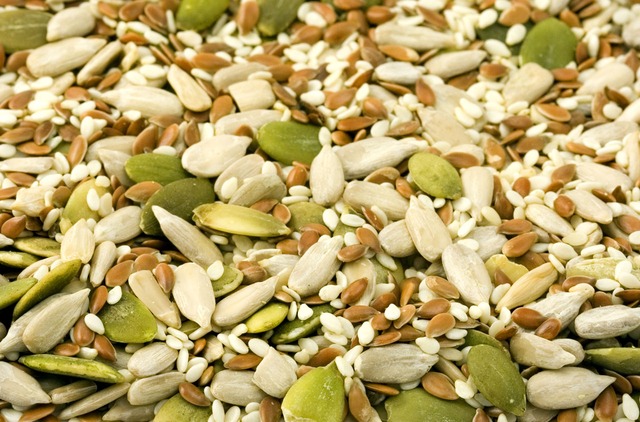
Vitamin B12 is essential for healthy nerves and brain cells.
Together, folate, vitamin B6, and vitamin B12 eliminate homocysteine, which can build up in the bloodstream and damage the brain. A good quality Vitamin B12 supplement is highly absorbable. Eating healthy, whole foods will help you balance your needed nutrient intake for a healthy mind and body. B12 is also important for anyone following or wanted to start a plant-based diet.
Here are a few ideas:

Blueberries and grapes get their deep colors from anthocyanins, which are powerful antioxidants shown to improve learning and recall in studies at the University of Cincinnati.
Beans and chickpeas have vitamin B6 and folate, as well as protein and calcium without saturated or trans fats.
Sweet potatoes are the dietary staple of Okinawans, the longest-lived people on Earth, who are also known for maintaining mental clarity into old age. They are extremely rich in beta-carotene, a powerful antioxidant.

Nuts and seeds are rich in vitamin E, which has been shown to help prevent Alzheimer’s disease. Especially good sources are: almonds, walnuts, hazelnuts, pine nuts, pecans, pistachios, sunflower seeds, sesame seeds, and flaxseed. Just 1 ounce — a small handful — each day is plenty.
Green leafy vegetables provide iron in a form that is more absorbable when the body needs more and less absorbable when you already have plenty, protecting you from iron overload which can harm the brain.
Green vegetables are also loaded with folate, an important, brain-protecting B-vitamin.








